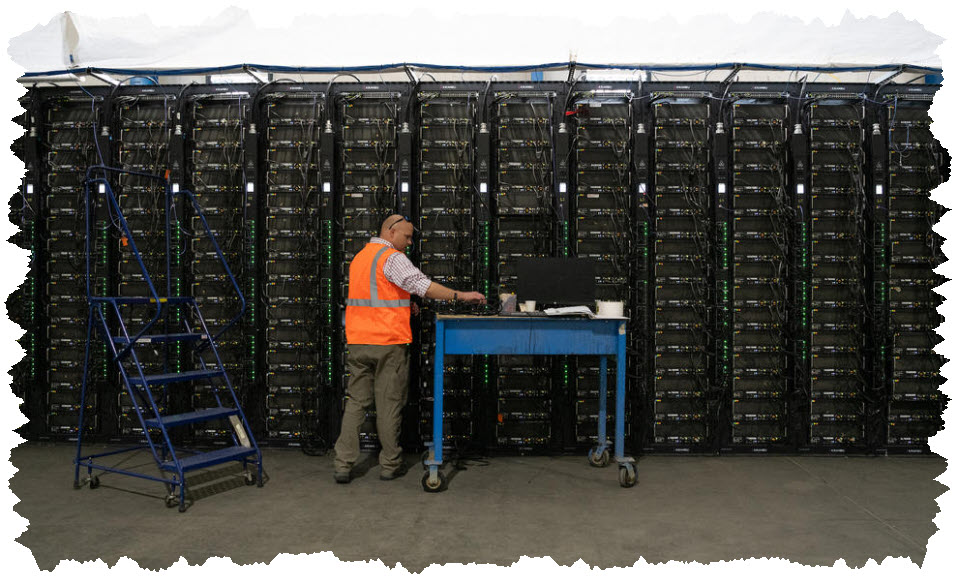A group of lawmakers in Paraguay has proposed a temporary ban on Bitcoin mining due to its alleged impact on the nation’s power supply. Introduced on April 4, the bill, supported by fourteen Paraguayan senators, seeks to prohibit the creation, storage, and operation of cryptocurrency mining farms within the country’s borders.
Citing concerns that crypto miners are exploiting Paraguay’s relatively low electricity tariffs, the legislators highlighted the recent surge in mining activity, driven by the country’s abundant hydroelectric energy resources. Despite previous attempts to regulate the sector, such as a bill approved by the Senate in July 2022, which was later vetoed by the president, the issue persists.
The proposed ban would remain in effect for 180 days or until a comprehensive regulatory framework is established. The lawmakers argue that such measures are necessary to safeguard the stability of the national power grid and prevent further losses incurred by Paraguay’s National Electricity Administration (ANDE).
According to reports, nearly 50 cases of electricity theft linked to Bitcoin mining were recorded in Paraguay’s Alto Paraná region alone by February. ANDE estimates that each clandestine cryptocurrency farm causes losses of between 500 and 700 million guaraníes per month, with over 50 illegal operations uncovered so far in 2024.


